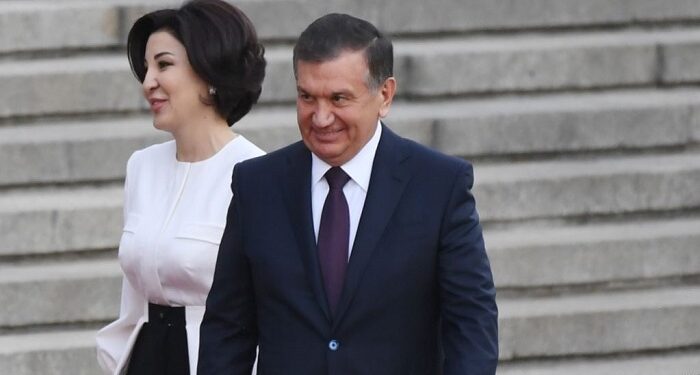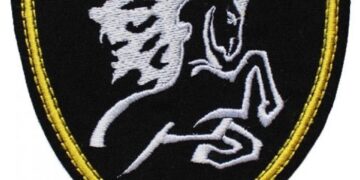In July 2023, Uzbekistan’s president, Shavkat Mirziyoyev, was re-elected for a seven-year term, giving him the opportunity to continue the ambitious reforms that have revitalized the post-Soviet republic’s economy over the past few years.
In 2022, Uzbekistan experienced strong economic growth, amounting to about 6%. This growth was due to the stable development of industry, agriculture, domestic consumption, exports and remittances from abroad. Despite this, Uzbekistan, a country in Central Asia with a population of almost 36 million, still faces economic challenges such as high inflation and the need to continue reforming the economy and improving the business environment.
Since taking office as president in 2016, replacing the late first president of Uzbekistan, Islam Karimov, who ruled the country for 27 years and died in office, uzbek president shavkat mirziyoyev has made massive changes, transforming the country from a Soviet-style command economy into a country with market economy.
Under the leadership of Mirziyoyev, Uzbekistan began to resolve deep and long-term problems that had been accumulating in the country during the decades of Karimov’s rule. Then Uzbekistan was limited in international relations and internal freedoms, and in many aspects the development of the country was stagnant, and the well-being of the population remained low. The local currency, the som, was not freely exchanged for foreign currency, and forced labor was used on cotton plantations. In addition, many Uzbeks were forced to look for work abroad.
With 87% of the vote in a snap election in July, Shavkat Mirziyoyev is expected to continue to pursue reforms aimed at overcoming the legacy of both his predecessor and the Soviet Union. In order to stimulate economic growth through the private sector and create new jobs, Uzbekistan still needs more reforms to reduce the dominance of state-owned enterprises and create more competitive sectors of the economy, according to the World Bank. In almost seven years in power, Shavkat Mirziyoyev has implemented many reforms aimed at liberalizing the economy, simplifying business processes and reducing bureaucratic barriers. He also freed political prisoners, restored civil rights and freedoms that had previously been suppressed.












